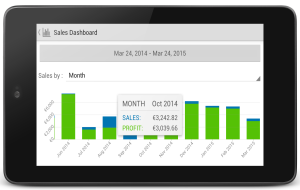As a freelancer or a small business owner, you may have learned the hard way how important – and how challenging – it can be to keep track of your business finances. But sometimes it’s helpful to remind yourself that all business finances are not alike, and maintaining control over your checkbook can be easier if you divide the task into categories: 
- Accounts receivable and payable. What are you owed, and how much do you owe others? When times are tough and you’re waiting on payments in order to be able to make payments, it can be difficult to separate these two. But to the extent you can, keep these categories separate from one another and handle them individually in order to avoid confusion.
- Even for small expenditures, it is important to remember to keep track of cash usage. Avoid using cash when possible, and make sure to take note of any cash that you do withdraw and what you use it for. If you do not, then you may be missing out on tax write offs that can add up over time. Not to mention that “lost” cash transactions are the fastest way to turn your books into a confusing mess. Maintain your diligence when using cash, and you’ll thank yourself later.
- Even if you have only one employee, hiring anyone triggers a large amount of paperwork and recordkeeping. This is an arena in which it can be helpful to hire a bookkeeper or to purchase a quality bookkeeping software system so as to avoid mistakes.
- If your business is one which utilizes an inventory, keeping track of that information is paramount. Running low on materials can result in paying higher costs or expedited shipping fees. Keeping an eye on your materials and replenishing as necessary help you save money.

